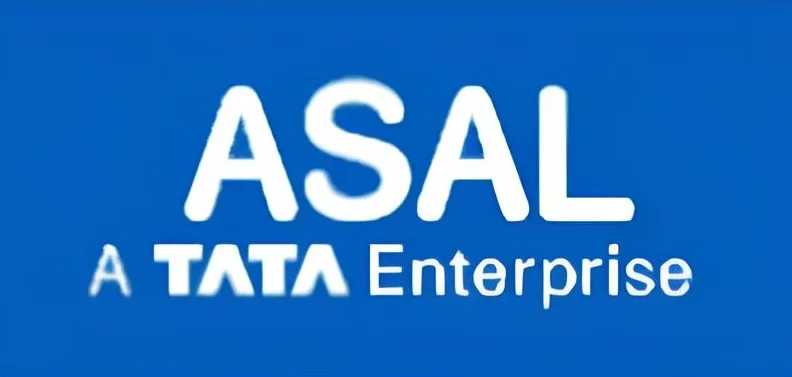Enhanced Transparency and Auditability
With built-in audit features, such as traceable comments and a structured approval system, ASAL improved the transparency of their sustainability data, making internal audits smoother and increasing stakeholder confidence in their reporting.






